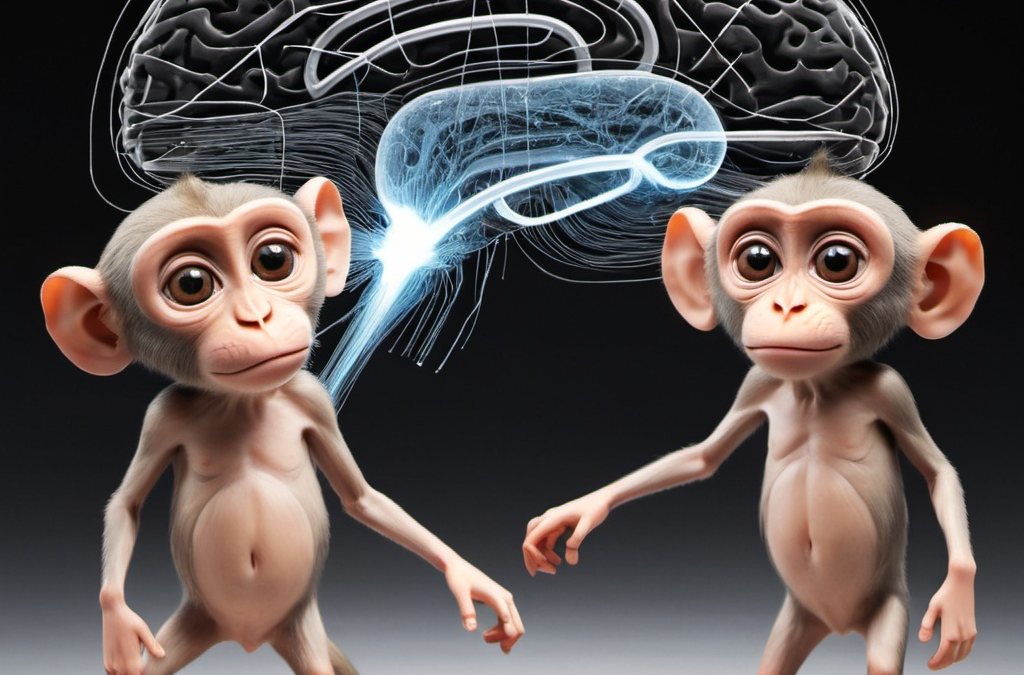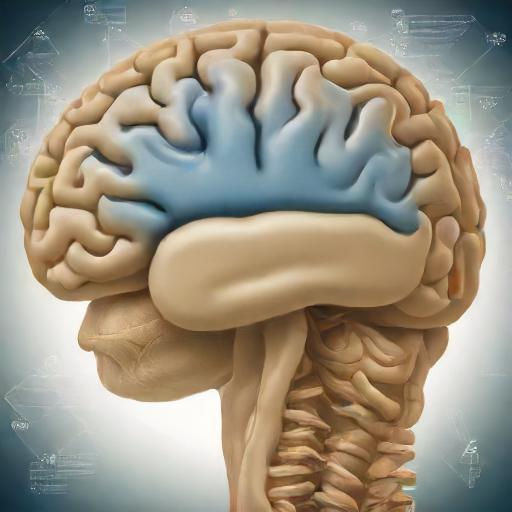
by Admin | Dec 3, 2024 | Posts
To call someone a mentor without the customary ‘catch-up’ meetings might seem presumptuous. Yet, if mentorship is about illuminating the path forward, then perhaps I stand justified. Tim Crow is no longer with us. His work on language has been a guiding...

by Admin | May 25, 2024 | Posts
How do you transfer the password #498jOp_9@W4jjiLL from a paper to your screen? Have you ever wondered how your brain manages to keep information like a complicated password or an address in mind while you’re typing it out? New work from a former NIMy group...

by Admin | May 4, 2024 | Posts
One group of people with schizophrenia seems to have too much of something called “glutamate” in a part of their brain called the frontal cortex. This group doesn’t respond well to the usual first set of medicines psychiatrists usually give them,...

by Admin | May 3, 2024 | Posts
From the whispered secrets of the mind to the untold stories that lie within, language remains our most potent tool for unravelling the mystery of schizophrenia. Drawing upon advancements in computational linguistics, Tyler Dalal, MD student at the Schulich explored...

by Admin | May 2, 2024 | Posts
Dopamine It is now well established that dopamine, a brain chemical, plays a crucial role in processing novelty, surprise and reward – all those thrilling and salient factors in everyday life. No wonder that dopamine levels may be aberrant in those who use...

by Admin | May 2, 2024 | Posts
When psychosis first presents as a full blown episode, the symptoms are often severe and disabling. Over time, they reduce in frequency and intensity for many individuals. This pattern of severe symptoms in early stages, followed by reduced intensity over time, sets...







